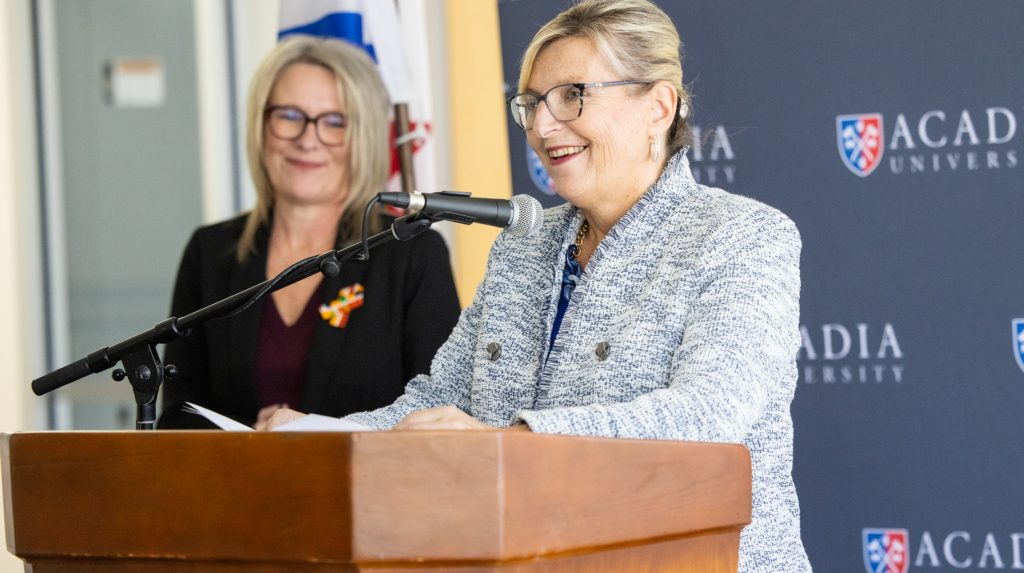Loonie up amid rising copper prices, results from eurozone elections
Posted May 7, 2012 04:27:08 PM.
This article is more than 5 years old.
TORONTO – The Canadian dollar closed higher Monday as copper prices clawed back a big chunk of last week’s losses and despite the uncertainty in markets that followed weekend elections that saw ruling parties turfed out in France and Greece.
The commodity-sensitive loonie was up 0.25 of a cent to 100.7 cents US amid a volatile session that had seen the currency fall as low as 100.29 cents US.
Demand concerns continued to pressure oil prices. The June contract on the New York Mercantile Exchange lost 55 cents to US$97.94 a barrel.
But copper was up five cents at US$3.77.
Crude lost more than seven per cent last week and copper almost three per cent last week amid worries about slowing economic conditions.
The commodity-sensitive dollar lost about 1.5 cents last week with the currency also pressured by increasing indications that the Bank of Canada is in no rush to raise interest rates.
Bullion moved down $6.10 to US$1,639.10 an ounce.
Final results showed socialist leader Francois Hollande narrowly defeated incumbent Nicholas Sarkozy with 51.62 per cent of the vote, ending 17 years of right wing government in France. Hollande campaigned on the need for more growth-generating economic policies and less reliance on austerity.
But investors were particularly worried by the election in Greece, which resulted in a split Parliament with no party likely to be able to form a government. The two parties that governed as a coalition for the past six months and pushed through tough austerity measures to secure crucial bailouts were pummelled to the benefit of more extreme parties of the right and left.
The socialist Pasok party suffered the biggest retreat. Its share of the vote collapsed from around 43 per cent in the last election in 2009 to a little over 13 per cent.
A period of uncertainty looms for the bailed-out country, which is in its fifth year of recession and has over half its youth out of work following big spending cuts and tax increases in return for crucial international bailout funds.










